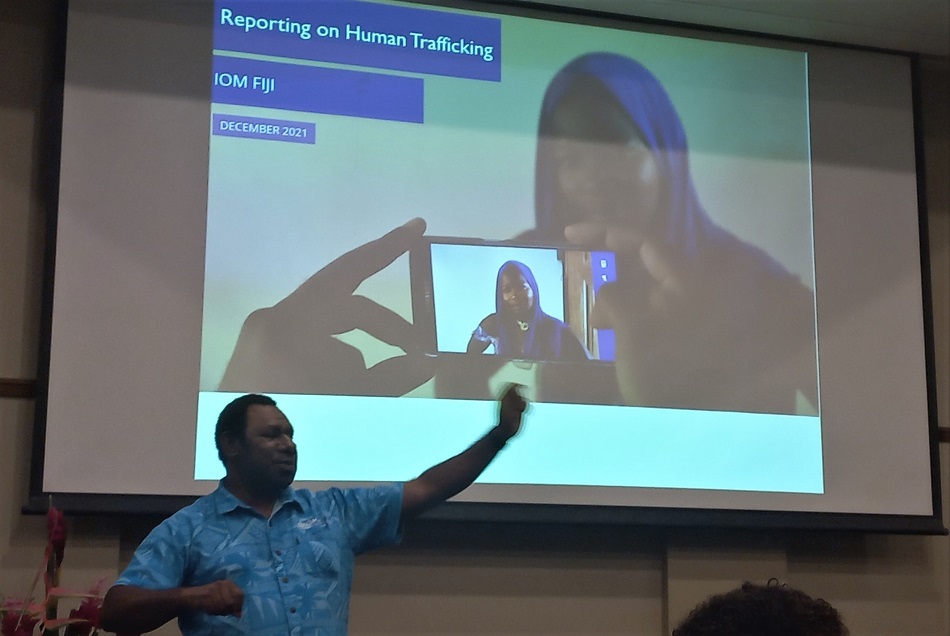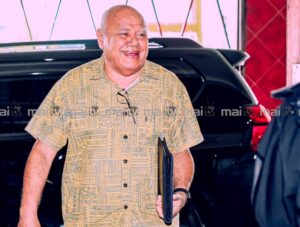Data available on human trafficking in Fiji shows that 27 people have been prosecute, but International Organisation for Migration (IOM) chief of mission Solomon Kantha says it is possible that many cases go unreported.
He said in most cases the victims find it difficult to come forward to report about it.
In such cases, Kantha said it would help victims if the community reports about it, but in order to do that the community must first have some understanding about what constitutes trafficking and what to do when they encounter such situations.
“The only way is for the community to have more understanding about what trafficking is so that they are able to identify victims,” Kantha said.
“Once we identify victims, we are going to be able to support the victims, and start prosecuting cases.”

IOM takes the lead in raising awareness on the components of trafficking, educating and providing support to government and to civil society partners in building their capacity to understand more about the issue of human trafficking and provide the necessary support to the victims.
Today, IOM held awareness sessions with representatives from the mainstream media, communications persons from both civil society organisations as well as government, with the hope that the media will amplify efforts to identify and protect victims of human trafficking whilst bringing their perpetrators to justice.
Attendees were given case studies to identify the three key elements that must be present for a situation of trafficking in persons being the action such as recruitment; the means which could include threats on the person’s life and the purpose (exploitation including sexual exploitation. For young children, elements of action and purpose are considered to indicate whether they are victims of trafficking.
Anyone can be trafficked, and anyone can be a trafficker, Kantha told attendees.
Kanta said a study is being undertaken to gauge the prevalence of human trafficking in Fiji.
“This study gives some overview of the different types of trafficking happening in Fiji. Whilst carrying out the study we have found that trafficking is sometimes complex to understand. The only way we can substantiate figures around trafficking is when there is a successful conviction on trafficking.
“Sometimes cases go before the court and it takes a long time to prosecute certain cases. It’s quite difficult to understand the extend of trafficking and in terms of number. The good thing is there have been number of cases of human trafficking before the court in Fiji and they were then prosecuted.”








